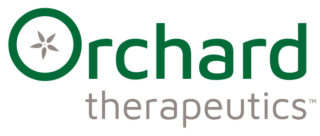BioPharm
Pioneering rare disease gene therapies

The journey that led to the formation of Orchard Therapeutics began with two doctors working at Great Ormond Street Hospital. Desperate for better treatments to help some of the children coming to the hospital with severe genetic disorders, Professors Bobby Gaspar and Adrian Thrasher began working on pioneering gene therapies in the early 1990s. Their research has the potential to transform the lives of patients with rare and devastating genetic conditions.
“We were looking after these kids who either died of their disease or had to undergo treatments which have significant limitations.”
“When we started back in the early 1990s, there was never any intention to become a company. Our goal was to bring the best and safest treatment to patients. Our approach has been successful, and it’s had a dramatic effect on patients’ lives in the clinical setting. Fundamentally, to be able to have that kind of impact is very rewarding.”
